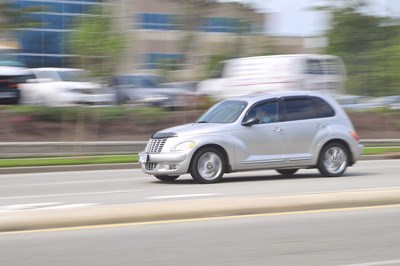A community health survey for Port Moody reveals what we all suspected: Living in the suburbs means living with a car.
According to the list of neighbourhood health indicators, Port Moody is better than the rest of Metro Vancouver in a number of important areas. High levels of education and employment, low levels of smoking, good access to primary doctors and good food security are all signs that PoMo is a healthy and wealthy community.
But the survey also points out that when it comes to commuting, the car is king, with 75% of the Moody population needing a motor vehicle to get to work, which is on the higher end of Metro Vancouver cities, where, on average 55% of the population needs to use a vehicle (although for some suburbs, car use is as high 92%) to get to work.
This is understandable in cities where transit is limited. The question is, will this measure of community health change when the Evergreen Line opens next year?
We certainly hope so.
But the only way SkyTrain will work is if people can get to it easily. Human nature being what it is, transit must be as convenient or almost as convenient as a car.
This is not likely to be the case in Port Moody's north shore, where people would need a ride to one of the Evergreen stations, adding time to a commute.
There is much more hope in Moody Centre, Coronation Park and Inlet Centre, where residents will be within walking distance of two SkyTrain stations and where denser development will be encouraged.
For car use to decline, the transit system must be much better integrated into the community in neighbourhoods not close to transit stations and this takes more work, planning and money. For example, bus schedules need to be tied to times when people need it, and frequency is important so people don't have to wait; for those still tied to their cars, park and ride should be available.
Still, there is a lot to be hopeful about when it comes to lowering car use in the city. Maybe next time this survey is completed, Port Moody, as well as Coquitlam, will be among those least dependent on the automobile.



